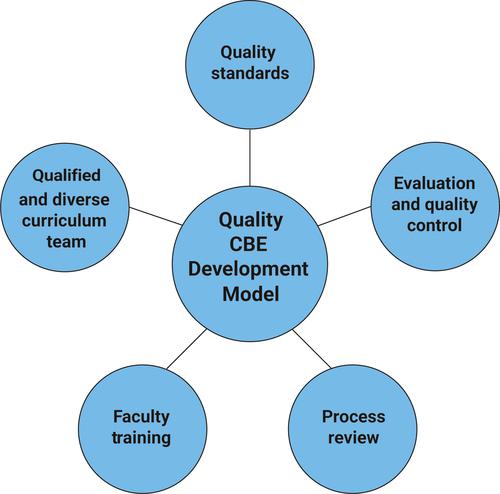
I’m Sorry I Failed You: Taking an Outcome-Based Approach to Student Learning in a Traditional Classroom
“Do no harm,” was my grad school professor’s advice about being an educator. When I reflect on some of the decisions I have made as a teacher since then, I know that although my intentions were good, I actually did some harm. I had to make daily judgments that could affect a student’s future, and since I am human and make mistakes just as my students do, I have often asked myself, “Did I do the right thing?”
One English 101 student, “Jake,” still haunts my memories. Jake was pleasant...





